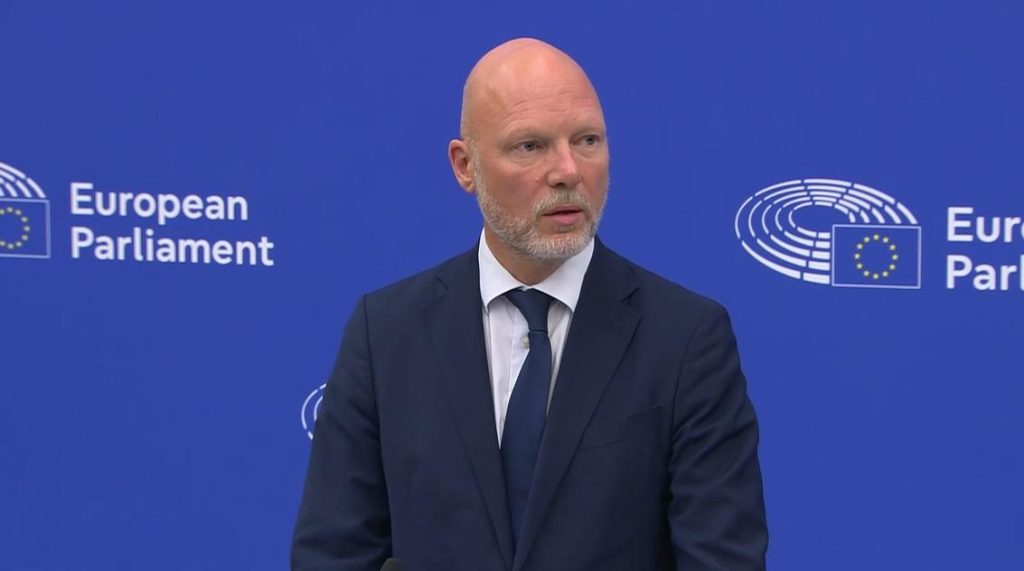Lawmakers in the European Parliament rejected a compromise agreement on forming its negotiating position on the EU Commission’s Omnibus I, which would have seen more significant reductions in the EU’s sustainability reporting and due diligence regulations than those proposed by the Commission, but less than those proposed by right-wing parties.
The agreed position was defeated narrowly, with 309 votes in favor, 318 against and 34 abstentions. The vote sends the Omnibus initiative back to the negotiation stage in Parliament, raising uncertainty for businesses regarding the final outcome, with some lawmakers pushing for reduced reductions to the EU’s sustainability regulations, and others calling for much sharper cuts.
The vote was conducted using secret ballots, making it unclear which lawmakers supported or rejected the deal.
The Omnibus package was released by the Commission in February as part of its simplification agenda to boost European competitiveness and reduce compliance burdens on companies, proposing a wide-ranging series of changes to regulations including the Corporate Sustainability Reporting Directive (CSRD), the CSDDD, the Taxonomy Regulation, and the Carbon Border Adjustment Mechanism (CBAM).
Among the most significant changes proposed by the Commission’s initiative were a dramatic increase in scope for the CSRD, removing an estimated 80% of companies by moving the regulation to cover only companies with more than 1,000 employees from the current 250 employee threshold, while retaining the CSDDD’s 1,000 employee threshold, but changing the due diligence but requiring full due diligence primarily at the level of direct business partners, and introducing limits to the amount of information that can be requested from smaller supply chain companies under the regulations.
Lawmakers had been sharply divided on the direction of Parliament’s position prior to the agreement, with left-leaning parties pushing for smaller cuts to the regulations, farther-right parties looking to scrap the CSRD and CSDDD altogether.
After intense negotiations, the left and center parties aligned with a “compromise” package proposed last week by the European People’s Party (EPP). The compromise retained the CSRD’s 1,000 employee CSRD scope, but add a €450 million revenue threshold, while dramatically increasing the threshold of the CSDDD to cover only companies with 5,000 employees and more than €1.5 billion in revenues. The compromise was reached after the EPP reportedly threatened to align with the farther-right parties on a package that would increase the CSRD’s scope to 1,750 employees, and remove requirements in the CSDDD for companies to adopt climate transition plans.
Negotiations towards a finalized Omnibus package between the EU Parliament and Council were slated to have started later this week, but will now be pushed off, with the Parliament now scheduled for its next vote on the Omnibus on November 13.
In a press conference following the vote, Omnibus rapporteur Jörgen Warborn of the EPP party said that while it is impossible to know who voted against the agreement, 31 members of the center-left S&D party had challenged the deal, which clearly made a difference, given the close vote.
Warborn added:
“Businesses need clarity now, so I hope that we can move forward as soon as possible and create the business climate that we need in order to come back to growth and a prosperous Europe for all.”
EU Parliament President Roberta Metsola added:
“As you could see, today’s vote showed that for a huge section of Parliament, this compromise simply did not go far enough, and for some sections it went too far.”

